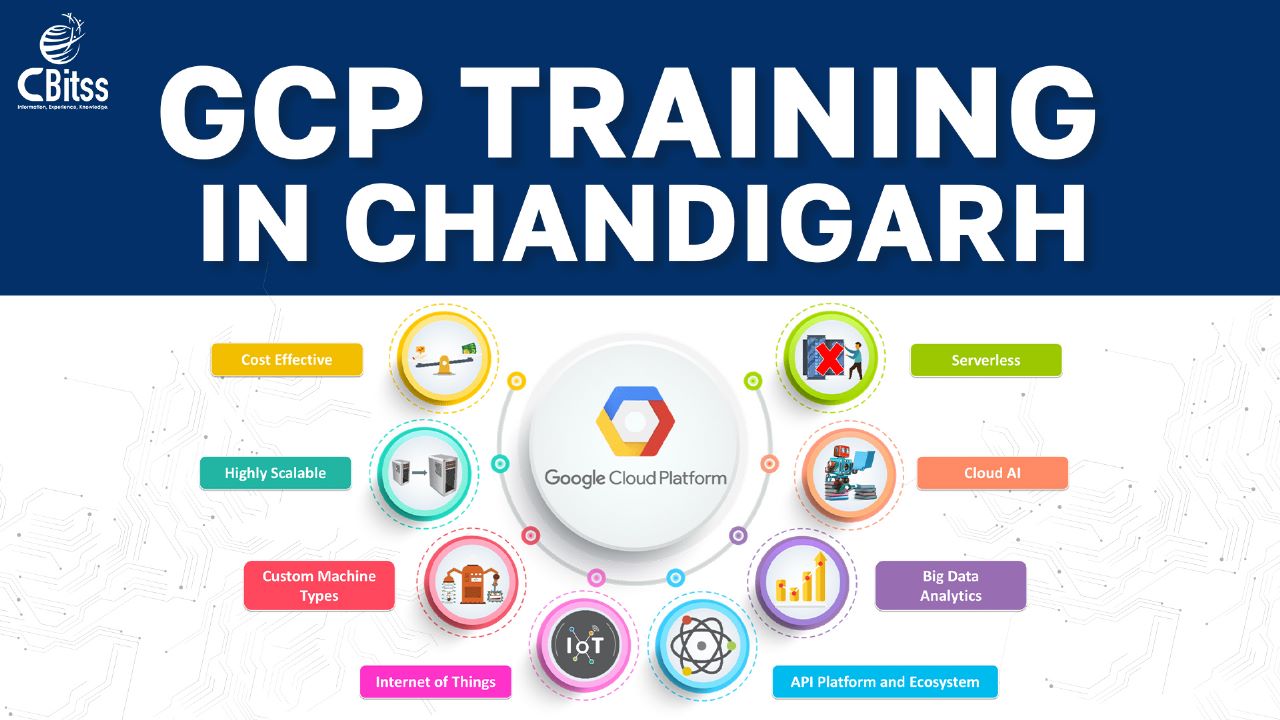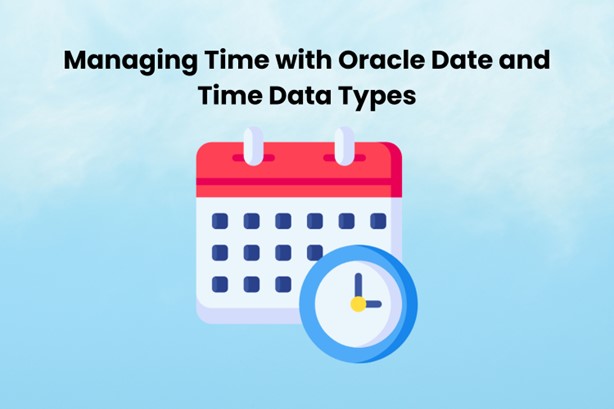Introduction: In the ever-evolving landscape of technology, machine learning has emerged as a transformative force, enabling businesses to derive valuable insights and make data-driven decisions. Google Cloud Platform (GCP) has positioned itself as a leading player in the cloud computing domain, offering robust tools and services for machine learning. To validate and showcase expertise in GCP’s machine learning capabilities, many professionals pursue the GCP Machine Learning Certification. This article explores the significance of this certification and provides insights into the key components of the exam.
Understanding GCP Machine Learning Certification:
1. Why GCP Machine Learning Certification?
Google Cloud Platform’s machine learning certification is designed for individuals who want to demonstrate their proficiency in building, training, and deploying machine learning models on GCP. It serves as a valuable credential for data scientists, machine learning engineers, and developers looking to advance their careers in the field of artificial intelligence.
2. Target Audience:
The certification is suitable for a broad range of professionals, including data scientists, machine learning engineers, and developers with experience in building and deploying machine learning models. It’s particularly beneficial for those already familiar with GCP services like BigQuery, Cloud Storage, and TensorFlow.
Key Components of GCP Machine Learning Certification:
1. Exam Format:
The certification exam consists of a series of scenario-based questions that assess candidates’ practical knowledge and problem-solving skills. It evaluates their ability to use GCP’s machine learning services effectively to address real-world challenges.
2. Core Topics:
- Machine Learning with GCP: This includes understanding key GCP machine learning services such as AI Platform, AutoML, and Vertex AI. Candidates should be adept at choosing the right service for specific use cases.
- Building ML Models with TensorFlow: The exam covers the use of TensorFlow on GCP for building and training machine learning models. This includes optimizing model performance and leveraging distributed training.
3. Practical Experience:
Candidates are expected to have hands-on experience with GCP’s machine learning tools. This includes working with datasets, training models, and deploying them on GCP infrastructure. Practical knowledge is crucial for success in the certification.
Preparation Strategies:
1. Hands-on Labs:
Engaging in hands-on labs and projects is essential for gaining practical experience with GCP’s machine learning services. Google Cloud provides online labs and documentation to help candidates familiarize themselves with the tools.
2. Official Documentation and Training:
Thoroughly reviewing Google Cloud’s official documentation and completing relevant training courses is crucial. Google Cloud offers comprehensive resources, including tutorials, case studies, and documentation, to aid in exam preparation.
3. Practice Exams:
Taking practice exams is an effective way to gauge readiness and identify areas that require additional attention. Google Cloud provides sample questions and practice exams that mimic the format of the actual certification test.
Conclusion:
The GCP Machine Learning Certification is a testament to an individual’s proficiency in leveraging Google Cloud Platform for machine learning tasks. As organizations increasingly adopt machine learning to drive innovation, possessing this certification becomes a valuable asset for professionals seeking to advance their careers in the field. By mastering the key components and thoroughly preparing for the exam, individuals can demonstrate their expertise and contribute to the growing landscape of machine learning on Google Cloud Platform.













